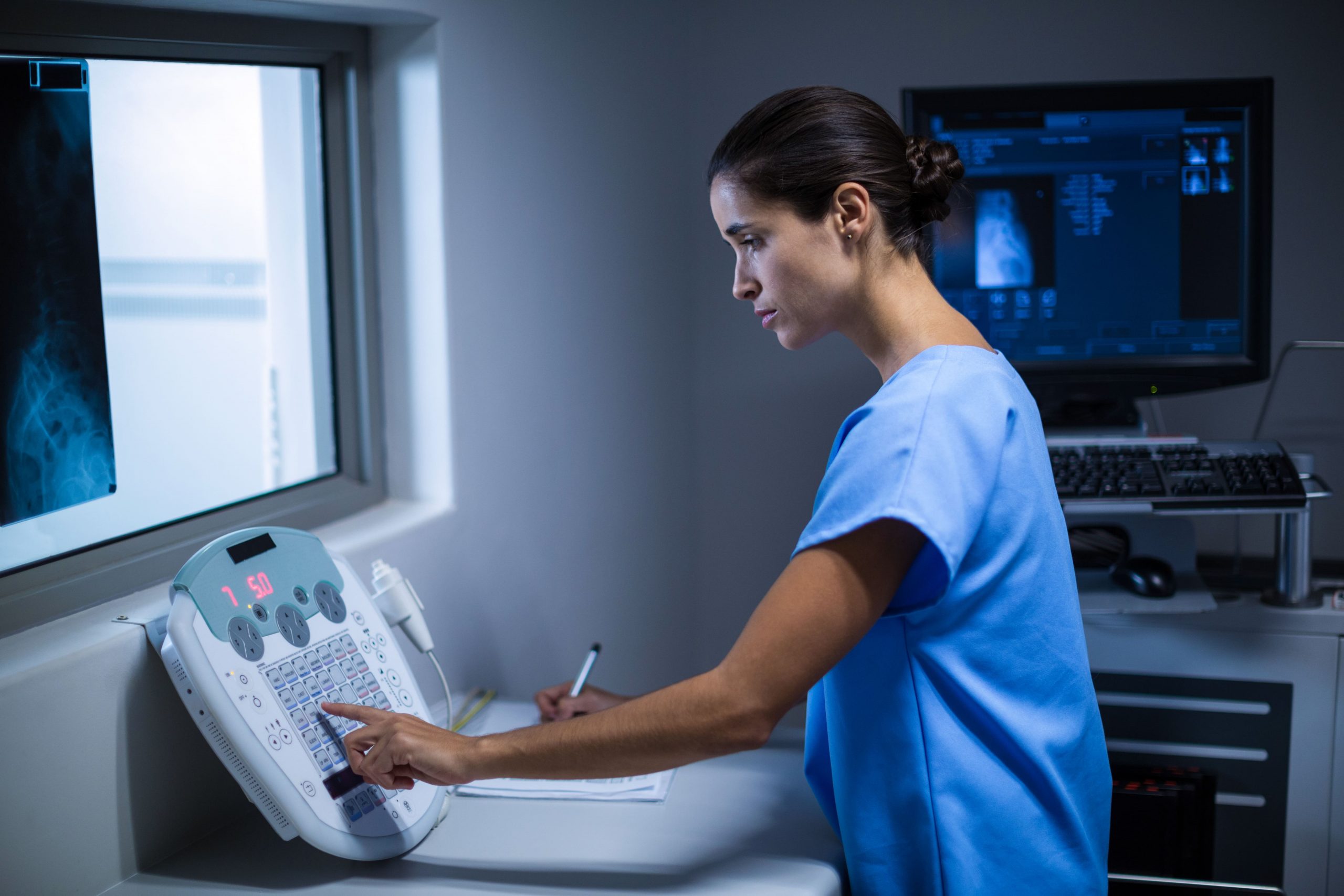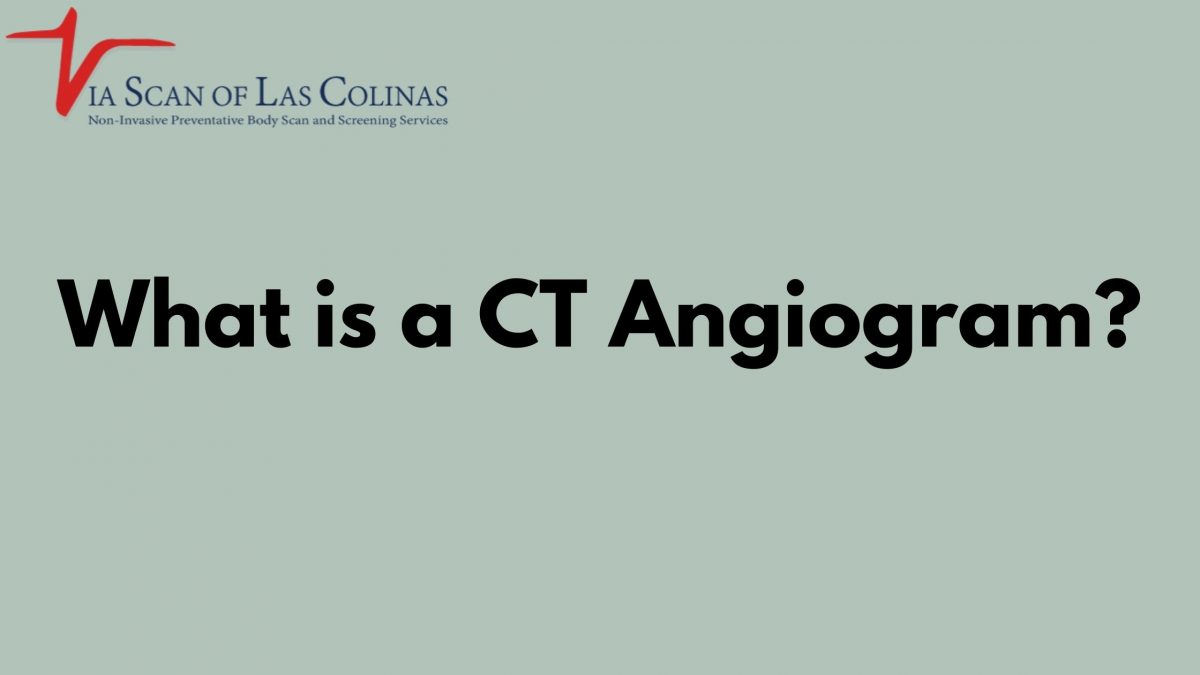What is the difference between a CT Scan and a CT Angiogram?
Scans are one of the most important tools used by doctors to look for problems that are going on inside the body or to ensure the normal functioning of the human body. A CT Scan is one of the most used scans by doctors. In a CT Scan, X-rays are used to create images of the body that are cross-sectional, giving a detailed look into the body parts.
Whereas a CT Scan that is used only to assess the blood vessels throughout a body is known as a CT Angiogram. In the angiogram type of CT scan, a dye is injected into the blood vessels, which highlights the blood vessels for examination.
How long does a CT angiogram take?
Scans are one of the most important tools used by doctors to diagnose problems inside the body. These scans are basically highly detailed imagery of the internal body parts and their structure that are used to ensure the normal anatomy and physiology of different body systems.
One such scan is an angiogram in which a dye is injected into the blood vessels to study the blood vessels and to see if anything is going wrong inside them. This CT angiogram procedure takes place anywhere from 20 minutes to an hour, and it depends on several factors, like explaining the method to the patient and positioning the patient correctly so that the scan can happen without errors.
What does a CT angiogram of the chest show?
Scans, being a valuable tool for health care professionals, provide a better view of the internal structures of the body. These highly detailed images of the body can be used for different reasons by doctors, like to diagnose diseases and to monitor various types of diseases.
One such scan is an Angiogram, which is used to assess the blood vessels of the body. A chest angiogram shows detailed images of the blood vessels present in the chest or the blood vessels of the structures present in the chest, like the heart and lungs. Heart arteries like the coronary arteries, aorta, and pulmonary arteries can easily be assessed through such scans to look for problems going inside them. ViaScan of Las Colinas is a body scanning center that offers top-notch and quality CT angiography using advanced CT scanners.
What is a CT angiogram of the heart?
Scans are detailed images of the internal body parts that doctors use to look for the internal anatomy of the body. These scans are used by doctors to confirm their diagnosis or to diagnose problems inside the human body. One such scan is the Computed tomography angiogram, which is a modification to the normal CT Scan.
In such scans, a dye is injected into the blood vessels, which highlights the blood, and then detailed images are produced, which then allows for the thorough evaluation of the vessels. This scan can be used to diagnose coronary artery disease, embolism, or any kind of stroke.
What test shows blocked arteries in the heart?
The heart is one of the most important organs of the human body, and without a healthy heart, it is very hard for an individual to live a normal life. The function the heart plays for the body is very pivotal as it provides oxygen to the body, which is needed by the body cells to perform its functions normally.
Moreover, it also plays a part in taking carbon dioxide, i.e., the waste material from the cells to the lungs, where it is taken outside the body through the lungs. If you have blocked arteries in the heart, this whole process will be compromised, and it will be very hard to live. A CT Coronary angiogram can be used to detect blocked arteries in the heart.
How accurate is a CTA of the heart?
CTA is a modified type of CT scan for the arteries present in the heart. The heart plays a major role in the overall health of a person, and if there is a problem going on inside the heart, a person can never be healthy. With issues going inside the heart, a person can never live a normal life, and overall life quality is compromised.
With the help of CTA, the doctors can assess the vessels of the heart to look for any blockages or problems going inside the heart vessels. The overall accuracy of this scan is very high, and it can detect a lot of coronary artery problems very accurately.
How does a blockage look on a CT angiography of the heart?
A blockage in the coronary artery looks like a stenosis where the coronary artery looks like a constriction or narrowing of the lumen. There can also be calcium deposits that can be seen on the angiogram, or there can be non-calcium deposits. Moreover, in extreme cases, total occlusion of the artery can be seen.
Blocked artery on a CT scan of the heart
A blockage in the coronary artery resembles a stenosis in which the lumen is constricted or narrowed. Calcium deposits can also be observed on angiograms, as well as non-calcium deposits. Furthermore, in extreme circumstances, the artery may become completely occluded.
With blockage of the heart arteries, the whole function of the heart can be compromised, like providing oxygen to different body parts and also the excretion of carbon dioxide from the cells to the lungs, from which they are removed to the outside environment.
How do you check heart blockage without angiography?
As we know, the heart is one of the most important organs of the human body as it performs very important functions for the body. The main function of the heart is to take the oxygenated blood to the body cells, which require oxygen to perform their normal functions.
Moreover, the heart also brings the carbon dioxide from the body cells to the lungs for their excretion, as carbon dioxide is not good for the body. To look for any heart blockage without angiography, we can do other procedures like an Electrocardiogram, which records the electrical activity of the heart. We can also perform ECHO and stress tests to find blockages.
What is coronary artery disease?
Coronary arteries are the arteries that are related to the heart. As we know, the heart is a very important organ of the human body, and without a heart, no person is able to live. With a diseased or unhealthy heart, the overall quality of life is decreased, and nobody is able to live a normal life.
One of the most common diseases of the heart is coronary artery disease, which is characterized by any narrowing or blockage of the coronary arteries of the heart, which provide oxygenated blood to the body tissues.
What causes coronary artery disease?
Coronary arteries are the arteries of the heart. Their function is to provide oxygenated blood to the body tissues and cells, as oxygen is needed by the body cells to perform their normal function.
A coronary artery is said to be diseased if there is any narrowing due to any blockage of the vessels and its function is compromised. There could be a lot of reasons for such blockages, like High cholesterol, Hypertension, smoking, diabetes, unhealthy diet, etc.
Choose Our CT Angiogram Scan
Early Detection Saves Lives!
-
- Accurate
- Quick Result
- Affordable

Summary:
To summarize, a CT angiogram is an effective way of determining blocked arteries and thrombosis. Hence, choosing the right scanning center is important. ViaScan of Las Colinas offers accurate scanning of your heart. Their scanning facility is equipped with advanced CT scanners and their staff is highly skilled in what they do.


